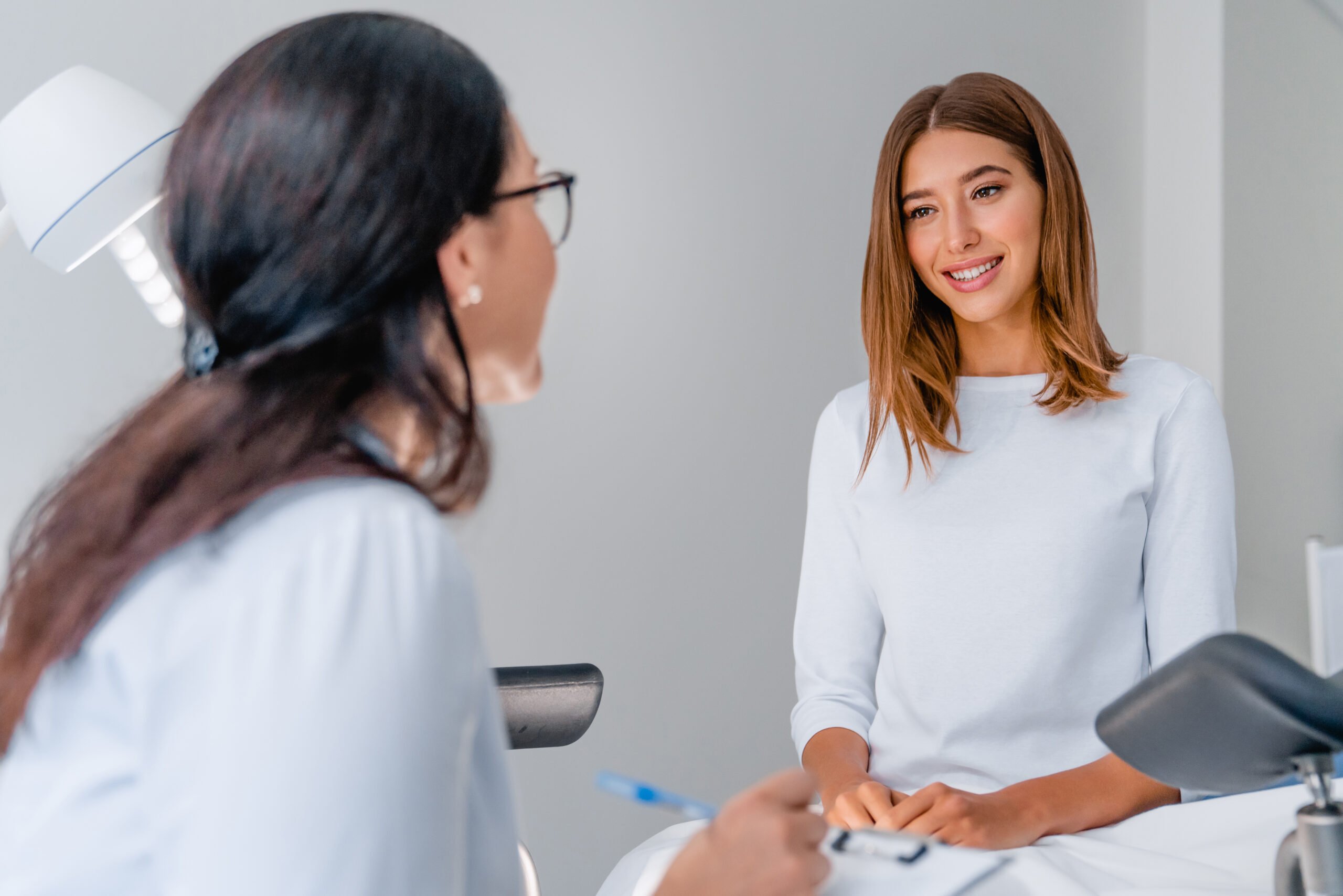As a GP, one of the most important responsibilities is not only treating illness but helping prevent it. One essential tool in preventing cervical cancer is the cervical smear, also known as a Pap smear or Pap test. The test is named after an American doctor, Dr. George Papanicolaou, who developed the smear.
What is a smear test, and how does it detect cervical cancer?
A cervical smear test is a simple and quick procedure used to detect abnormal cells in the cervix — the lower part of the uterus that opens into the vagina. These abnormal cells are often not cancer yet, but some of them could develop into cancer over time if left untreated. At our surgery, we also test for Human papillomavirus from the same sample. HPV is a common sexually transmitted virus that can increase the risk of cervical cancer, depending on the strain.
Cervical cancer is one of the most preventable types of cancer — if caught early. Detecting abnormal cells early allows us to treat them before they have a chance to become cancerous. This is why smear tests are so important.
Who needs a smear test, and how often?
In the UK, smears are generally offered to anyone with a cervix above the age of 25. Until the age of 50, one should have a smear at least every 3 years. It is thought that after 50 years old, this gap could increase to having one done every 5 years until the age of 65. Often in private practice we aim to keep this gap to a minimum and continue doing smears every 3 years at least.
If you have had an abnormal smear in the past, the recommended interval until your next smear will often be shorter.
If you have had a hysterectomy, you will still need a smear if you have kept your cervix.
Do I still need a smear after having the HPV vaccine?
Yes, smears are still important even if you have had the HPV vaccine. The HPV vaccine protects against the types of HPV that cause most cases of cervical cancer, but it doesn’t protect against all HPV types. Therefore, regular screening is crucial to detect any changes in the cervix, even if you’ve been vaccinated.
How to prepare for a cervical smear test?
The best time to have a smear is after your period.
Two days before your appointment, we ask you to abstain from vaginal intercourse, do not use vaginal medicines or creams or tampons. These could all alter the results.
What happens during a cervical smear test?
During the test, a GP will gently collect a small sample of cells from the cervix using a soft brush. The sample is then sent to a laboratory for analysis to check for HPV or any cell changes that might need further investigation.
What can I do if I don’t want to have a smear test?
We completely understand that it is an uncomfortable test and make all efforts to make the process quick yet gentle. For some patients, we know that it is difficult to face. For those people, we suggest self-collect smears. This is a vaginal swab that one can do at home and it tests for HPV. The self-swab does not look for abnormal cervical cells, so if HPV is detected, one may then need to proceed to a normal smear test.
What do the results of a smear test mean?
The results come in two parts. One is whether HPV has been detected and the other part is whether abnormal cells have been detected in the cervix. The abnormal cells are further classified as being ‘low grade’ or ‘high grade’. Low-grade cells means very early and mild changes, whereas high grade means the cells appear that they will change to cancer sooner.
Having changes in your cells doesn’t mean that you have cancer. The changed cells often go back to normal by themselves. We monitor the changes and if they do not revert, we then refer you for a procedure called colposcopy to have these cells removed. This is a simple and commonly done procedure and the vast majority of patients will never go on to have cervical cancer.
Cervical screening could save your life – book your smear test today
It’s normal to feel nervous or uncomfortable about a smear test. However, it’s a routine procedure, and at Sloane Street Surgery, we aim to make it as comfortable and respectful as possible. By taking a few minutes for this simple screening, you are taking an important step in protecting your health and preventing cervical cancer.
To book your cervical smear test, request a self-smear test, or arrange an HPV vaccination (if you haven’t been vaccinated), please call 0207 245 9333 or book an appointment online here.
About the author

MBBS MRCGP DFSRH
“Because our patient appointments are long – we can really get to the root of the problem and address the patient’s worries holistically”.
My training included acute General Medicine, Emergency Medicine, Care of the Elderly and Obstetrics & Gynaecology, but I have a specialist interest in Women’s Health, namely Menopause, and am a diplomate of the Faculty of Sexual & Reproductive Healthcare of the Royal College of Obstetricians & Gynaecologists.
Only recently has Menopause been recognised as the major milestone it is and I’m proud that we can support women who suffer multiple symptoms with the many treatment options available.



